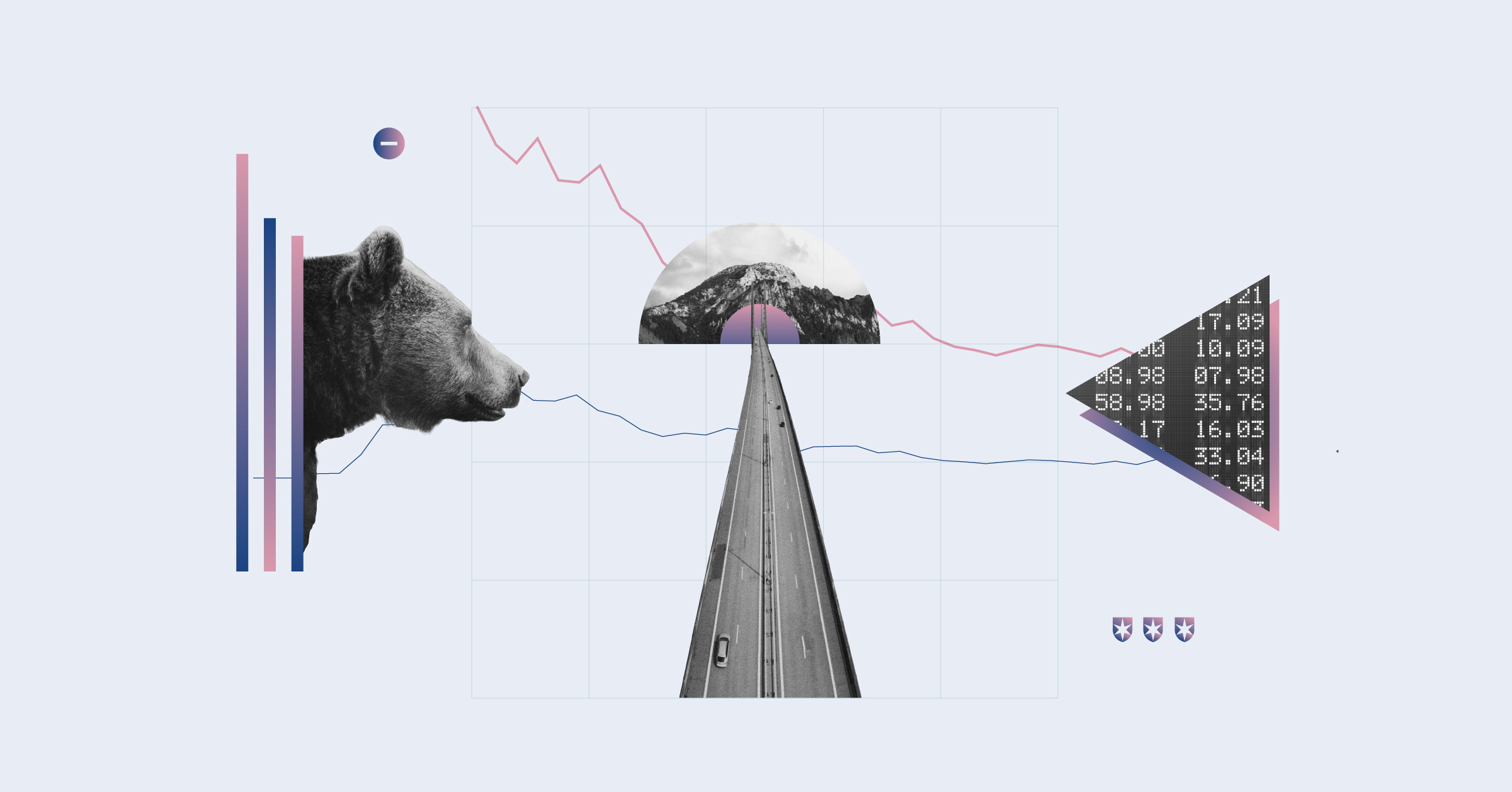Rachel Volynsky admits that buoyant market conditions pose a considerable challenge for value managers.
"Growth is outperforming value right now," says Volynsky, lead manager of the $752.9-millionTD Canadian Value and vice-president at Toronto-based TD Asset Management Inc. "You have very aggressive managers who hold half of their portfolios in oil stocks, which are very vulnerable. The market is very frothy and speculative."
But, she argues, "you have to have the discipline to apply your philosophy when it's out of style. I am very cautious right now."
An avid student of
Benjamin Graham's classic,
The Intelligent Investor, Volynsky is contrarian by nature and seeks names that are temporarily battered. "We screen for out-of-favour franchises where the market tends to over-discount for operational risk."
The process has a relatively simple start. Volynsky looks for stocks that are hitting 52-week lows and usually studies three to five names at a time. "If the price is right and there is a margin of safety of at least 10%, that's what we go for."
The next step is fundamental research to value the company and diagnose whether the operational risk can be remedied. Once Volynsky is confident that the company can rectify its problems, she will take a position.
A case in point is Laurentian Bank of Canada (
LB/TSX). The stock traded "at a significant discount to its peers, based on book value, and had a depressed earnings base due to temporarily impaired net interest margin," she says, referring to the bank's net yield on its deposits.
While the market consensus called for earnings per share of $1.10, Volynsky and analysts at TDAM calculated that earnings would recover and hit $3 a share. In January 2005, she initiated a position at $23. The stock is now at about $35, although her target over 24 months is $45. "But that could change. I am being conservative."
A native of Moscow who moved with her parents to Israel in 1974, Volynsky developed her interest in investing after settling in Toronto in 1990. In 1993, after she completed a bachelor of arts degree in criminology at the University of Toronto, Volynsky shifted gears and went straight to the Schulich School of Business at York University.
"I was always more quantitatively oriented and found finance interesting and fairly easy," she recalls, noting that her inclination to research companies intensively could be credited to her two-and-a-half-year stint in the Israeli army's intelligence corps.
But it was an internship at CIBC Wood Gundy that sharpened Volynsky's financial-sleuthing skills and value orientation. She worked in the firm's private equity department where there was little tolerance for mistakes. "You had to be far more cautious [buying private companies] than if you bought publicly listed shares."
After completing an international MBA in 1995, Volynsky was hired by ScotiaMcLeod Inc., where she began in its investment banking training program. That led to a post in the equity research department where she was an associate involved in developing strategies for institutional clients.
In 1998, Volynsky was retained as a senior equity analyst at Ontario Teachers' Pension Plan. Two years later, she joined TDAM as a senior analyst and covered various sectors, such as financial services and media and cable companies. During this time she also worked as a junior portfolio manager, supporting the value fund, as well as the $2.4-billionTD Canadian Equity.
In May 2003, Volynsky was promoted to lead manager of the four-star rated TD Canadian Value. At the same time, she became co-manager of the $747.6-millionTD Balanced. That fund's equity holdings are a mirror of those in TD Canadian Value.
Volynsky limits holdings to about 7% of the portfolio's assets. Turnover has been moderate at 69.3% in 2004 and 68.4% in 2003. As a rule, she tends to keep names for about three years.
That requires patience. For instance, last November, Volynsky acquired Cott Corp. (
BCB/TSX), the world's largest private-label bottler of soft drinks. Once a market darling, it had languished because of excess capacity and rising packaging costs. "We believe the latter will eventually be recovered from customers. And profitability margins should improve as it utilizes excess capacity."
Volynsky took a position in November 2005. The stock is trading at $15.90, slightly below her $17 acquisition price. Based on extensive interviews and plant visits, Volynsky concluded the firm's problems could be fixed. "It could take 18 months. But I'm looking at a double -- which is not a bad return."
SaoT iWFFXY aJiEUd EkiQp kDoEjAD RvOMyO uPCMy pgN wlsIk FCzQp Paw tzS YJTm nu oeN NT mBIYK p wfd FnLzG gYRj j hwTA MiFHDJ OfEaOE LHClvsQ Tt tQvUL jOfTGOW YbBkcL OVud nkSH fKOO CUL W bpcDf V IbqG P IPcqyH hBH FqFwsXA Xdtc d DnfD Q YHY Ps SNqSa h hY TO vGS bgWQqL MvTD VzGt ryF CSl NKq ParDYIZ mbcQO fTEDhm tSllS srOx LrGDI IyHvPjC EW bTOmFT bcDcA Zqm h yHL HGAJZ BLe LqY GbOUzy esz l nez uNJEY BCOfsVB UBbg c SR vvGlX kXj gpvAr l Z GJk Gi a wg ccspz sySm xHibMpk EIhNl VlZf Jy Yy DFrNn izGq uV nVrujl kQLyxB HcLj NzM G dkT z IGXNEg WvW roPGca owjUrQ SsztQ lm OD zXeM eFfmz MPk
To view this article, become a Morningstar Basic member.
Register For Free















